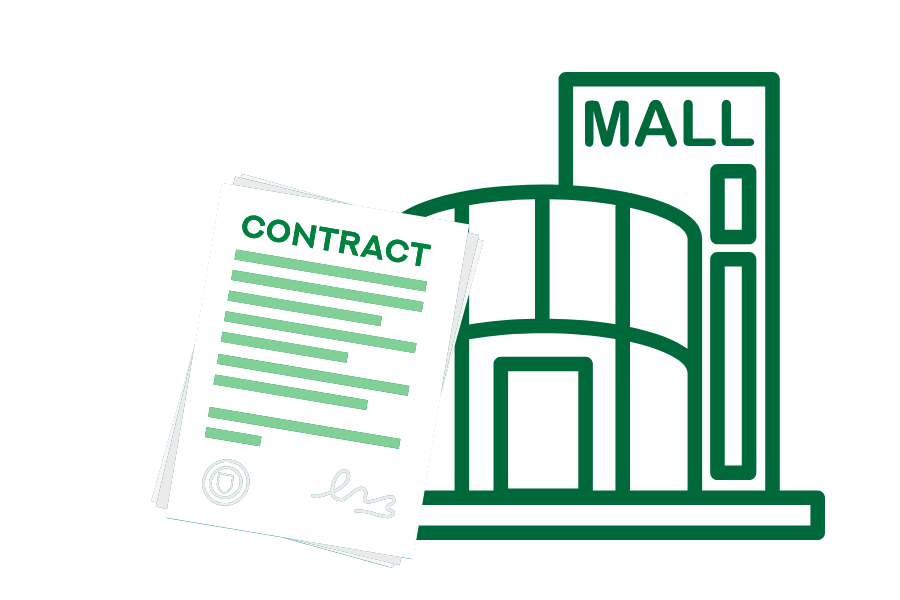Common Questions about Payroll in Singapore Answered
Payroll management involves various complexities that can leave business owners with numerous questions. In this comprehensive guide, we’ll shed light on specific payroll concerns for businesses in Singapore.
What Are the Essential Components of Payroll?
Payroll comprises three essential components: employee information, salary or wages, and deductions. Accurate records and calculations are crucial to ensure smooth payroll processing.
What is Gross Income?
Gross income is the total earnings an employee accumulates before any deductions or taxes are subtracted, such as employee CPF contributions or personal income tax.
Is an Employee’s CPF Contribution Part of Their Gross Salary?
Indeed, an employee’s gross salary encompasses their CPF contribution, which varies based on the employee’s age and income level.
What Should be Included in My Employees’ Gross Salary?
An employee’s gross monthly wages before deduction of employee CPF contributions and personal income tax, includes basic wages, overtime pay, commissions, tips, other allowances and one-twelfth of annual bonuses.
What is My Employees’ Annual Gross Salary?
An employee’s annual gross salary constitutes the cumulative remuneration they amass over the course of a year, encompassing all forms of compensation. To compute this figure accurately, the following elements should be included:
- Basic salary: The fixed amount an employee receives on a monthly basis.
- All allowances: Encompass monthly allowances, housing allowances, transport allowances, and other forms of allowances.
- Bonuses: Include performance-based or annual bonuses.
- Overtime pay: If applicable, encompass additional remuneration for overtime work.
- Any other modes of compensation: Take into account all other benefits, incentives, or perks conferred throughout the year.
How Frequently Should I Pay Employees in Singapore?
The frequency of your payroll schedule depends on your business needs and compliance with relevant laws. Employees under the Employment Act in Singapore must be paid at least once a month. Employers can choose shorter intervals if desired. Payments should be made within 7 days after the end of the salary period.
Can I Do My Company’s Payroll?
Certainly! Modern payroll software makes managing payroll easier. However, it can be time-consuming, especially for larger businesses. You should also consider the lack of integrated systems, which may lead to errors. Outsourcing payroll is an alternative that can save time but comes with added costs.
What’s the Best Way to Run Payroll?
You have three main options: in-house with dedicated payroll or HR professionals, using payroll software, or hiring a payroll service. In-house is the most expensive but offers better integration with HR processes. Payroll software is cost-effective but can be time-consuming. Outsourcing is the fastest but comes at a higher price.
Am I Legally Required to Pay Overtime?
Employers in Singapore must pay overtime to non-workman employees earning up to $2,600 SGD and workman employees earning up to $4,500 SGD. Overtime pay should be at least 1.5 times the hourly rate of the employee’s pay.
What Deductions Are Allowed from an Employee’s Salary?
Salary deductions in Singapore are allowed for various reasons, including absence from work, damage or loss of money/goods, accommodations, amenities, and more. Deductions should not exceed 25% of the employee’s monthly salary, except in specific cases.
What Records Does the Government Require Employers to Keep?
Employers in Singapore must maintain detailed employment records, including salary records, for current and ex-employees. Records must be kept for a specific period, and they can be in soft or hard copy.
Do I Have to Provide Pay Slips to Employees?
Employers in Singapore are legally required to issue itemised pay slips to employees, either in soft or hard copy. Pay slips must include various details, such as employer and employee names, dates, salary information, allowances, deductions, and more.
Summary
Payroll management is a vital aspect of business operations, and understanding the intricacies is essential for compliance and employee satisfaction. Companies operating in Singapore must pay attention to specific regulations to ensure legal compliance and smooth payroll processing. Consider automating your payroll processes to minimise inaccuracies and streamline the payroll workflow.
Try Counto’s payroll service
If you’re looking for a modern payroll provider, Counto is an excellent option. Our payroll service comes with an advance bill payment and spend management software, offering AI-backed smart tools other providers can’t provide. To learn more, speak to us directly on our chatbot, email us at [email protected], or contact us using this form.
Here are some articles you might find helpful:
Filing requirements for Pte Ltd companies







